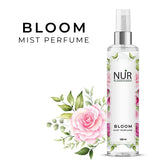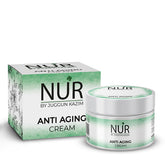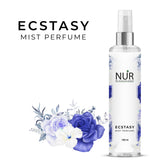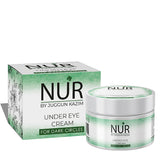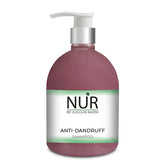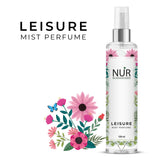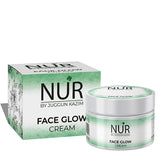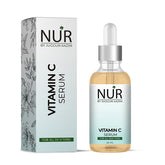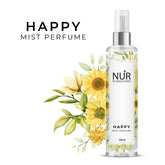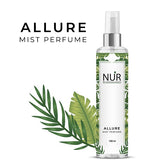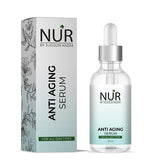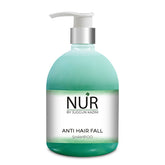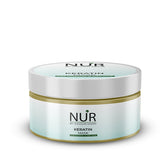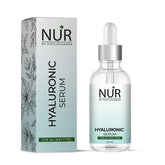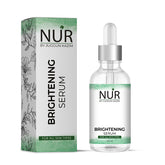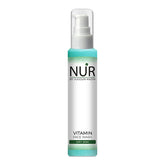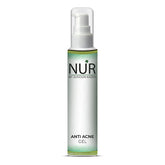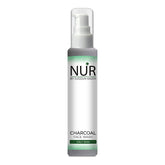Everyone has different skin types and skin issues, but when we pass our teenage, we have some fundamental skin issues that remain constant for the rest of the life no matter which product we use. And with time, we became habitual of those skin issues and get tired of treating them.
But this should not happen because everyone wants to look great, even in their late 50's. So, ladies, get ready; we are not going to give up. We come up with solutions to these fundamental skincare problems so let's start scratching them out.
Dark circles

Most eye creams do very little other than moisturize the skin's surface and therefore temporarily plump up fine lines and wrinkles due to their hydration effects. One thing that a lot of people don't know is that common skincare problem like eye bags, or puffiness is, in fact, different from dark circles or shadows underneath the eye.Bags or puffiness is a separate issue to dark circles, although both problems can coexist so that the same person may have both dark circles and puffiness. As we age, the skin around the eyes becomes thinner, decreasing in laxity.

In general terms, the skin around the eye is thin and vulnerable to damage from UV radiation, pollution, and the environment. Moisturizing the area and wearing regular sunscreen is one of the best ways to prevent 'normal' skin damage and limit further pigmentation problems once dark circles have developed.
Spot Prone Skin

Like most people, my phone goes everywhere with me. Studies have shown that touch screens contain large numbers of bacteria on their surface. The pressure created by placing your phone against your cheek may result in activation of the oil-producing glands. When this is combined with heat generated from the telephone and bacteria present on the phone surface, skincare problems and imperfections may occur. If possible, try to use earphones and regularly wipe your smartphone surface clean.

Cleanse your face twice a day with a face wash designed for acne-prone skin if you suffer from acne. Products that contain salicylic acid and zinc may be beneficial. Exfoliate your skin weekly; this will remove the upper layer of skin cells, resulting in a brighter complexion and will help to reduce blackheads.Certain styling products, such as oils and waxes, can cause forehead acne, particularly blackheads or whiteheads, because they block pores. If your hair is very oily, this may further enhance the problem.

Ideally, it's best to avoid wearing make-up to the gym. Sweat and increased temperature brought on by exercise can lead to open pores, which can become blocked by particles of make-up. This can easily lead to breakouts and, in turn, other skincare problems like uneven skin texture.Raised body temperature, sweat blocking pores, and friction from clothes rubbing against the body combined with bacterial action can result in acne, particularly over the back and chest. To reduce this risk, it is important to shower and change into fresh clothing as soon as possible after exercise. Using body washes containing salicylic acid can be helpful to those prone to spots after the workout.

Make-up brushes often aren't looked after properly and are a breeding ground for bacteria. Many laboratory-based tests where make-up items have been swabbed have shown the growth of all sorts of different microbes that can cause infection. Despite this, most women do not clean their make-up bags or cosmetic products regularly. Make-up brushes should be cleaned at least every month, which many women neglect to do. Otherwise, bacteria can build up on the surface from constantly being in contact with our skin.
Dark Spots

Antioxidants have been the new big thing for a few years now. It's hard to avoid coming across the word all the time in food and skincare, but not a lot of people understand them. They help our skin fight against the daily things that can cause aging symptoms such as dullness, loss of elasticity, fine lines, uneven texture, wrinkles, and dark spots.Ultraviolet radiation from the sun is responsible for many of the features we associate with aging, think fine lines, wrinkles, and blotchy, pigmented skin. Dark spots are flat brown marks that commonly appear on sun-exposed sites like the face, neck, and hands. The most widely develop in those with a fair complexion but can also be seen in olive skin types. They result from excess skin pigmentation or melanin and are pretty standard in those aged over 40. These can be helped with certain skincare ingredients such as vitamin C, retinoids, kojic acid, niacinamide, arbutin, azelaic acid, and alpha-hydroxy acids. Failing this, there are clinic-based treatments that a dermatologist can carry out.

By your 40s (if not earlier), you should be using a retinoid cream at night. In scientific studies, retinoids are vitamin A-based products that have been proven to boost collagen production, improve fine lines, and clear skincare problems like pigmentation. Be patient, though – it can take up to six weeks to see effects. Look for over-the-counter preparations that contain a minimum of 0.1% retinol as an ingredient. Otherwise, consult a cosmetic dermatologist who will be able to prescribe you a prescription-strength retinoid.

Unfortunately, the sun is the biggest culprit in skincare problems around aging. Prevention is more manageable than cure, so it is imperative to wear a broad-spectrum SPF on sun-exposed sites such as the face, neck, and hands. When choosing a sunscreen, look for a high protection SPF (SPF30 or higher) to protect against UVB and the UVA circle logo or 4 or 5 UVA stars. Ensure you're applying plenty of sunscreen 15 to 30 minutes before going out in the sun, reapply every two hours, and straight after swimming.
Enlarged Pores

Because we are mammals, we are all covered in fine hairs over the face and body. Pores are simply the opening of tiny hair follicles onto the surface of the skin. They are not surrounded by muscle and therefore cannot open and close. It is prevalent to hear myths about pore size; for example, steam or hot water will open pores. This myth is propagated by glossy magazines, beauticians, and even some doctors!

Those with oily skin tend to have the appearance of enlarged pores as oil tends to collect within them. Pore size can also become more apparent with age. As we get older, the proteins collagen and elastin that give our skin its structural support, break down dragging the pore's edge with it making it appear enlarged. Lastly, genetics have a part to play – if your parents have large pores, the chances are that you will as well. This is not to say we can't help those that worry about their pore size. Several treatments can help minimize their appearance. These include using creams containing retinoids and procedures such as; chemical peels, micro-needling, and laser.

To keep common skincare problems like blackheads at bay, there are a few options that you can turn to. These include regular facials with steam extraction, light chemical peels such as mandelic acid, pore strips, exfoliation once a week, face washes containing salicylic acid, and topical treatments containing benzoyl peroxide, salicylic acid, or retinoids.
Dehydrated skin

It can be tempting to take long, hot showers, particularly in the autumn and winter months when the weather becomes more relaxed and temperatures start to drop. The combination of water and soap or shower gel can lead to moisture loss from the skin's surface and disruption of the skin's barrier resulting in dryness or irritation. Those with underlying inflammatory skin care problems and disorders such as eczema or psoriasis need to be extra cautious. Showers should ideally be no longer than 10 minutes with tepid water.
This goes for the face and body. Yes, water in the shower can be too hot, but that's because most of us take showers that are too hot, anyway. While it is tempting to jump into a hot shower for twenty minutes when it's cold outside, this is probably one of the worst things you can do for your skin. Hot water will remove your skin's natural oils and quickly deplete natural moisture.

Your skin forms a protective barrier against the elements, and one of its primary functions is to prevent water loss. There is less production of natural oils in the winter months, resulting in increased dryness, scaling, and flaking of the skin. It is important to moisturize regularly to combat winter dryness. Moisturizers will bind and retain water, in addition to forming a protective seal preventing further water loss. For best effects, this should be done straight after showering and then throughout the day as needed.

